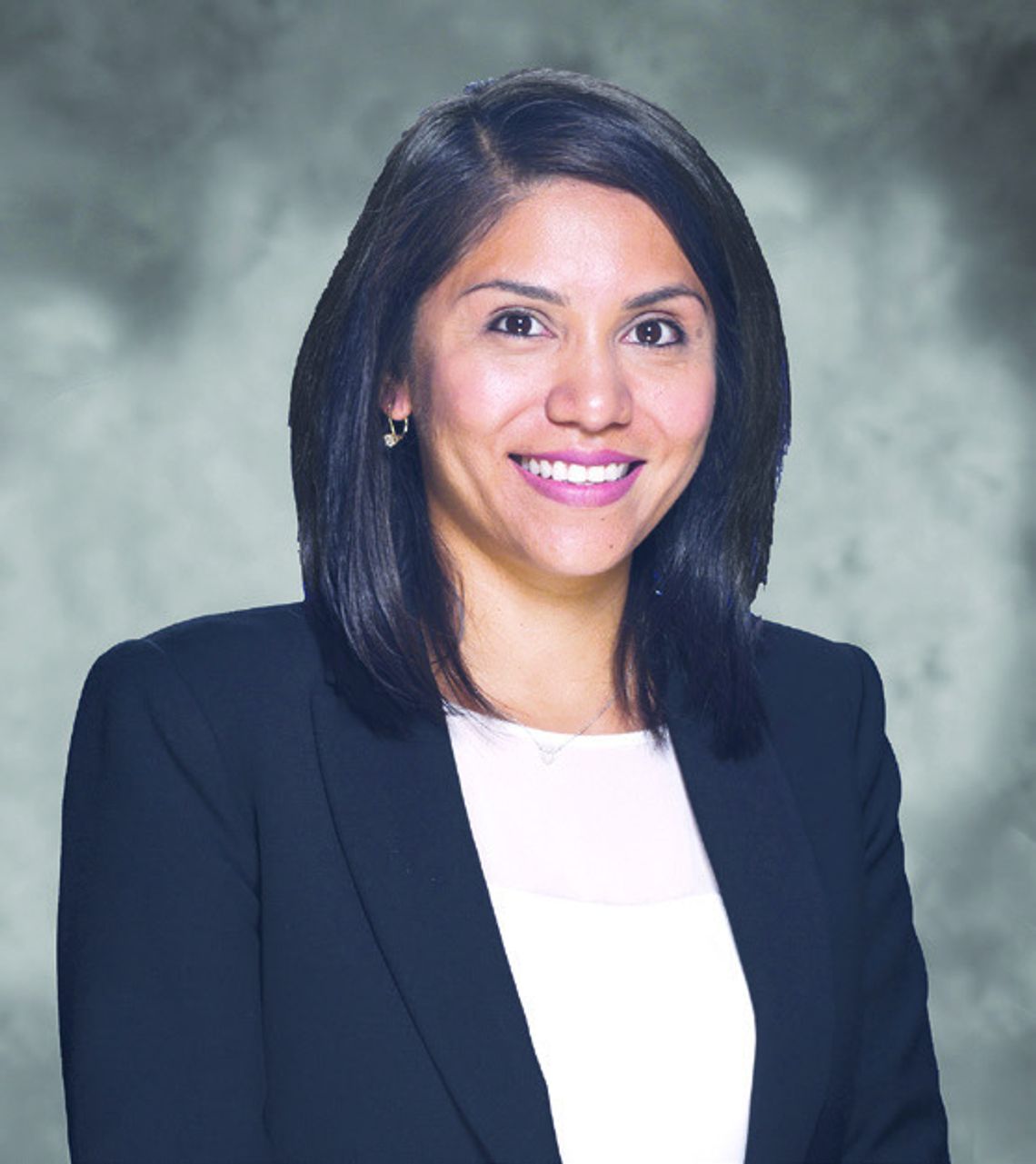PLEASE LOG IN FOR PREMIUM CONTENT. Our website requires visitors to log in to view the best local news.
Not yet a subscriber? Subscribe today!
Cardiologist warns of holiday heart syndrome
By Megan Navarro HAYS COUNTY — Gathering with friends and family this time of year can oftentimes mean being surrounded by drinks and a lot of food. This combination can lead to what doctors deem as holiday heart syndrome.











